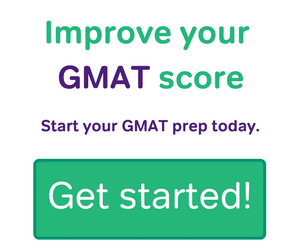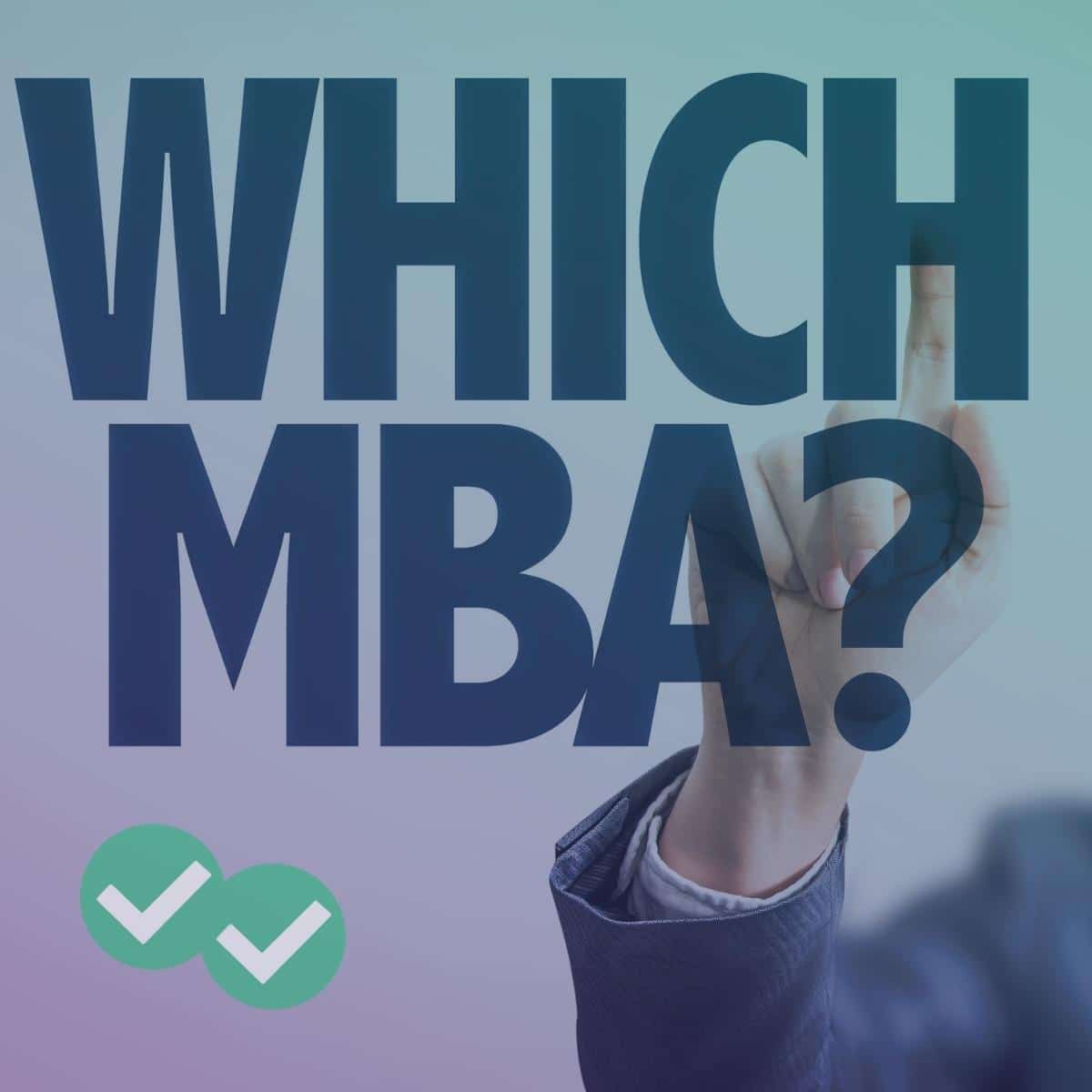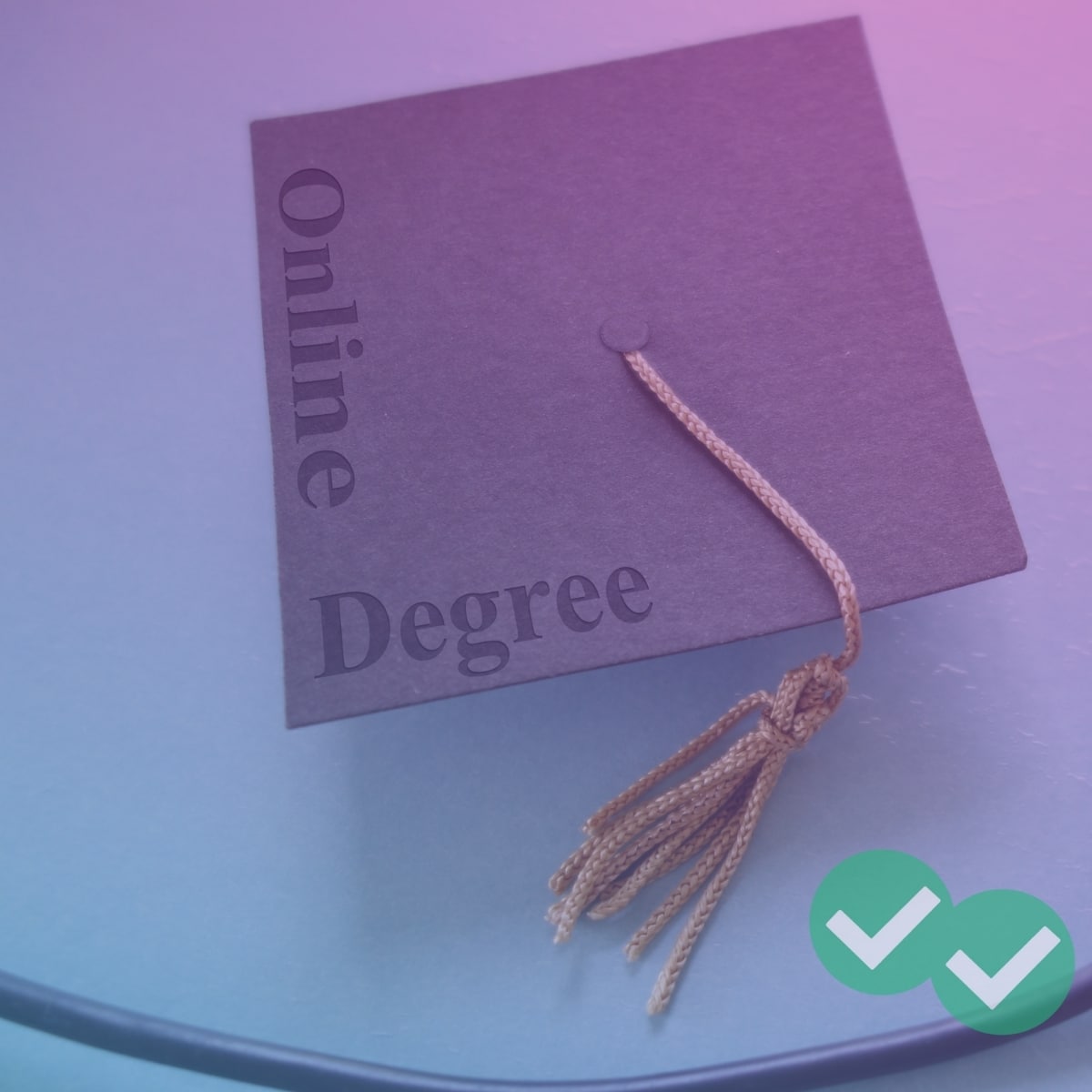
What are the pros and cons of an MBA vs an Executive MBA? Both will give you a great overview of business concepts, help you build a network, and open doors. So which one is going to add the most to your career? We break down everything you need to know to make an informed decision.
What is an Executive MBA?
The Masters in Business Administration (MBA) is by far the most well-known business degree. So what then is an Executive MBA? Well, in a nutshell, the biggest difference between an MBA and an Executive MBA is the target audience for the program. The MBA is aimed at mid-career professionals, while the executive MBA is aimed at senior professionals at the c-suite level.
What’s the difference between Executive MBA vs. MBA?
While every program will be different (and you can find good info on specific programs on Business School websites), there are some generalizations about the two degrees.
| Category | MBA | Executive MBA |
|---|---|---|
| Seniority level | Mid-career | Senior |
| Average age | Late twenties | Late thirties |
| Average work experience | 5 years | 10 years |
| Admissions test | GMAT or GRE | GMAT, GRE or Executive Assessment by GMAC |
| Cost | High | Very high |
| Format | Usually full-time | Usually part-time |
| Salary | Typically above $100k | Typically above $200k |
Executive MBA vs. MBA: Which one is better for me?
For some people, either degree would be suitable. It’s a matter of personal preference and of taking your goals into consideration.
Age and Work Experience
As the seniority level for an Executive MBA is higher, it makes sense that the average age and average work experience are also higher. This is actually a big deal when it comes to choosing an MBA as a lot of learning takes place through peer-to-peer interaction. You want to learn from your classmates, but also make sure you can contribute to the discussion.
The average MBA candidate is in their late twenties and has about five years of work experience. The average Executive MBA candidate is in their late thirties and has more than 10 years of experience.
Admissions Requirements
Admissions committees for both business degrees will consider the whole of your application – from personal essays and recommendations, to work experience and standardized tests. In general, however, there is more of a focus on your test scores for the GMAT or GRE for the full-time MBA. Most of the Executive MBA programs will accept the GMAT or the Executive Assessment by GMAC. Executive MBA programs are also more likely to waive the requirement for an undergraduate degree, based on your work experience.
Format, Schedule, and Pacing
Executive MBAs are usually part-time so that candidates can continue to work. Many programs have either blocks of time on campus or lectures after hours or on weekends. The advantage of this approach is that you can apply what you have learned immediately, and use the crossovers between your work and your classes to kill two birds with one stone. It is, however, a lot to juggle. You will also have to make sure you have the full support of your employer so you can carve out time for your studies.
MBAs, on the other hand, are typically full-time. There are part-time, online, and hybrid options available but most candidates study for a year or two on a full-time basis. The advantage of studying full-time is that you have more time to take a break from the daily grind and think about your career. You also will spend more time with your classmates. The social side of a full-time MBA can be a great experience and a good way to build relationships with your classmates.
Cost (and Who Pays It)
Executive MBAs generally come with a heftier price tag. There are often fewer scholarships from Business Schools available for Executive MBAs. The good news is that many employers will foot at least part of the higher bill. Extra expenses could include flights to and from Business School on a regular basis, so make sure you know upfront what your employer is willing to pay.
The MBA is comparatively less expensive (but still pretty pricey in its own right!). Most people use a combination of funding sources to afford to study. These can include personal savings, family or spousal support, employer support, scholarships, and student loans. You should also calculate the opportunity cost of not working for the duration of the program.
Career Opportunities and Salary
The kind of jobs that you can apply to after each degree will differ in seniority level. Bear in mind that the higher salaries paid to Executive MBAs are, in part, due to their more extensive work experience. According to the Executive MBA Council (PDF document), the average salary and bonus package at program start for students in the 2019 survey was $205,008. By the end of the program, the average salary and bonus package rose to $232,663. According to the Financial Times rankings, the average salaries for the top five MBAs ranged from $174,115 at Ceibs to $228,074 from Stanford Graduate School of Business.
You can expect more structured support from the Business School careers department if you are enrolled in a full-time MBA. Full-time MBA students will have greater access to recruiters and to career development on campus.
Final Thoughts on Choosing Between an Executive MBA vs. MBA
If you feel like an Executive MBA is the right fit, but you still want a full-time experience, check out the Sloan Fellowship programs at London Business School, Stanford, and MIT. These combine the seniority level of the Executive MBA with the immersive experience of a full-time MBA.
If you are still battling to decide on the right path, you can speak to the admissions officers at the universities you are targeting to get a sense of which option they would recommend based on your profile. Taking a look at the class profile of various programs will give you extra insight into how well you would fit.






Leave a Reply